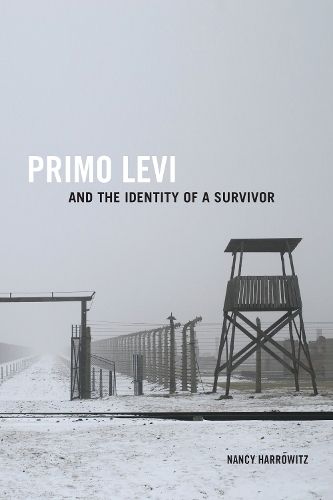Readings Newsletter
Become a Readings Member to make your shopping experience even easier.
Sign in or sign up for free!
You’re not far away from qualifying for FREE standard shipping within Australia
You’ve qualified for FREE standard shipping within Australia
The cart is loading…






Primo Levi (1919-1987) was an Italian chemist, writer, and Holocaust survivor who used a combination of testimony, essays, and creative writing to explore crucial themes related to the Shoah. His voice is among the most important to emerge from this dark chapter in human history.
In Primo Levi and the Identity of a Survivor, Nancy Harrowitz examines the complex role that Levi’s Jewish identity played in his choices of how to portray his survival, as well as in his exposition of topics such as bystander complicity. Her analysis uncovers a survivor’s shame that deeply influenced the personas he created to recount his experiences. Exploring a range of Levi’s works, including Survival at Auschwitz and lesser-known works of fiction and poetry, she illustrates key issues within his development as a writer. At the heart of Levi’s discourse, Harrowitz argues, lies a complex interplay of narrative modes that reveals his brilliance as a theorist of testimony.
$9.00 standard shipping within Australia
FREE standard shipping within Australia for orders over $100.00
Express & International shipping calculated at checkout
Primo Levi (1919-1987) was an Italian chemist, writer, and Holocaust survivor who used a combination of testimony, essays, and creative writing to explore crucial themes related to the Shoah. His voice is among the most important to emerge from this dark chapter in human history.
In Primo Levi and the Identity of a Survivor, Nancy Harrowitz examines the complex role that Levi’s Jewish identity played in his choices of how to portray his survival, as well as in his exposition of topics such as bystander complicity. Her analysis uncovers a survivor’s shame that deeply influenced the personas he created to recount his experiences. Exploring a range of Levi’s works, including Survival at Auschwitz and lesser-known works of fiction and poetry, she illustrates key issues within his development as a writer. At the heart of Levi’s discourse, Harrowitz argues, lies a complex interplay of narrative modes that reveals his brilliance as a theorist of testimony.